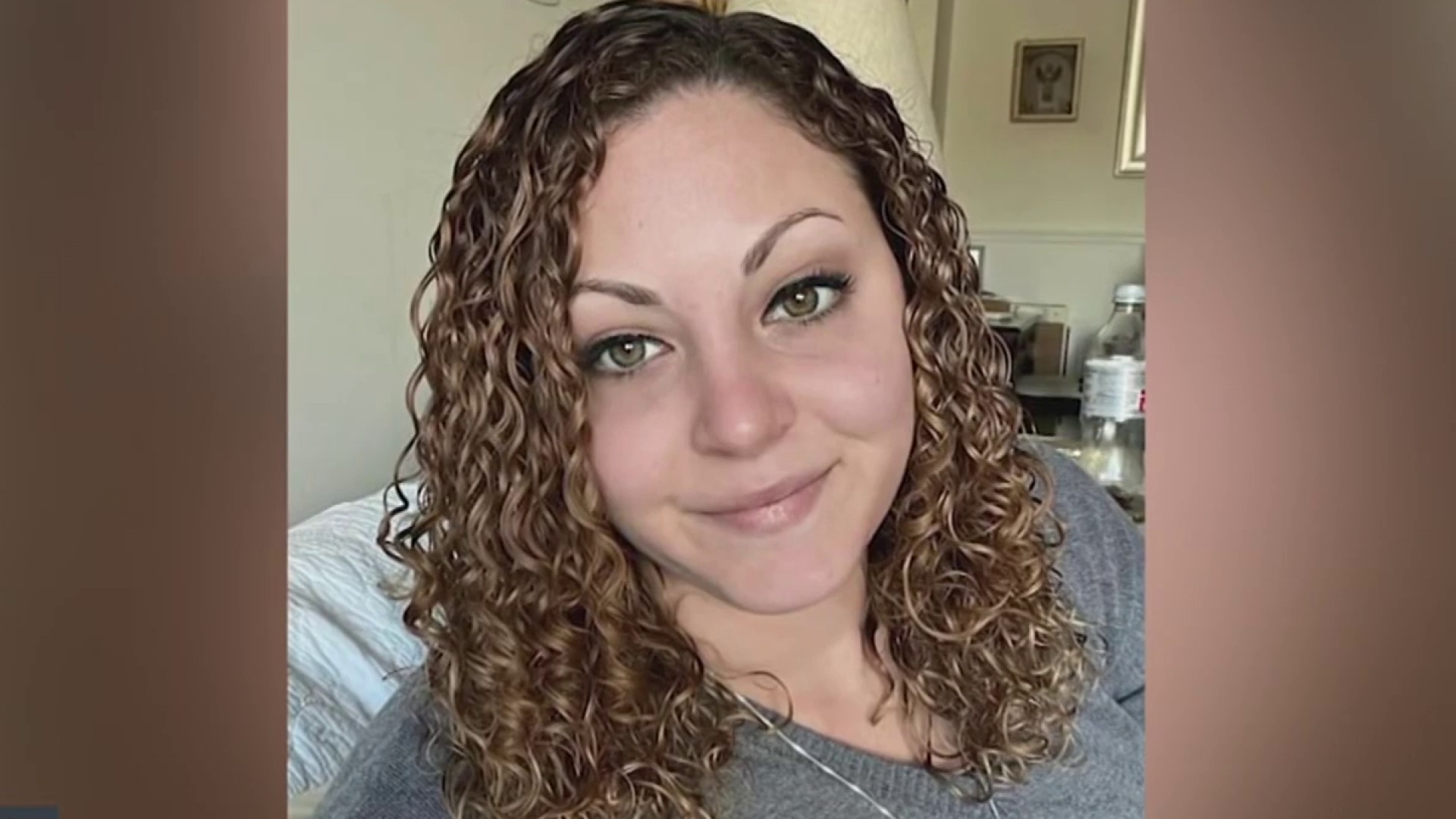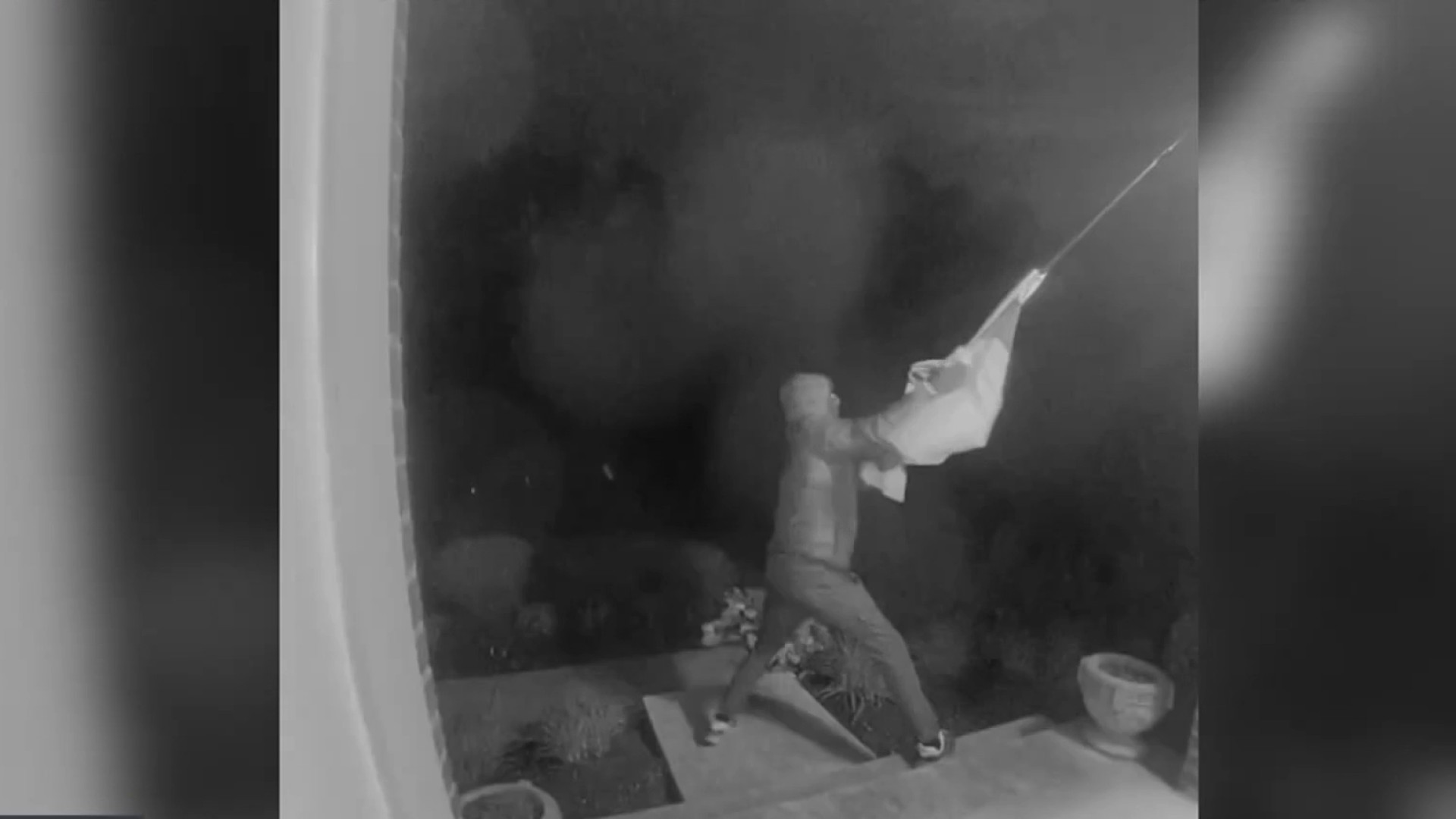The D.C. government has moved nearly 1,000 families from homeless shelters to permanent housing, but some relocated residents say that with mold, rats and roaches in their current apartments, they would have been better off staying at D.C. General.
Residents of a building in Northeast D.C. where three families use rapid re-housing subsidies say their apartments are infested with mold that's making their children sick.
Keisha McDonald and her three children lived in the homeless shelter at D.C. General and were overjoyed to be placed by the District into an apartment of their own. But McDonald soon saw the apartment was no place for children.
"We had rats, the rats were eating out of the cabinets. We had bed bugs here, we have a lot of mold here," she said.
"The kids have so much mold in their systems that the doctor can detect it in their blood," McDonald said, noting her children have asthma and have had bronchitis since moving in.
Resident Candice Reaves, whose family lives in a neighboring apartment, said her children also are suffering from the mold -- which instantly can be smelled upon walking into the apartments.
Reaves' young daughter was hospitalized with pneumonia after moving into the apartment.
Local
Washington, D.C., Maryland and Virginia local news, events and information
"I feel awful because I'm just stuck in this predicament," Reaves said, saying she works but doesn't earn enough to pay market-rate rent.
Indoor exposure to mold can cause healthy people to cough and wheeze, and can exacerbate the symptoms of people with asthma, according to the Centers for Disease Control and Prevention.
McDonald said her family's living space at D.C. General was cramped but at least there were no rats, roaches or mold, and they had dependable heat and air conditioning.
The D.C. Department of Human Services told News4 the property owner is complying with a request to have the property inspected for mold within the next five days, and will perform any necessary maintenance. All rapid re-housing units must meet D.C. inspection standards, the department said.
When the mothers were informed their apartments would be inspected, they were not hopeful. They said they had heard before that things would get better for their families.



